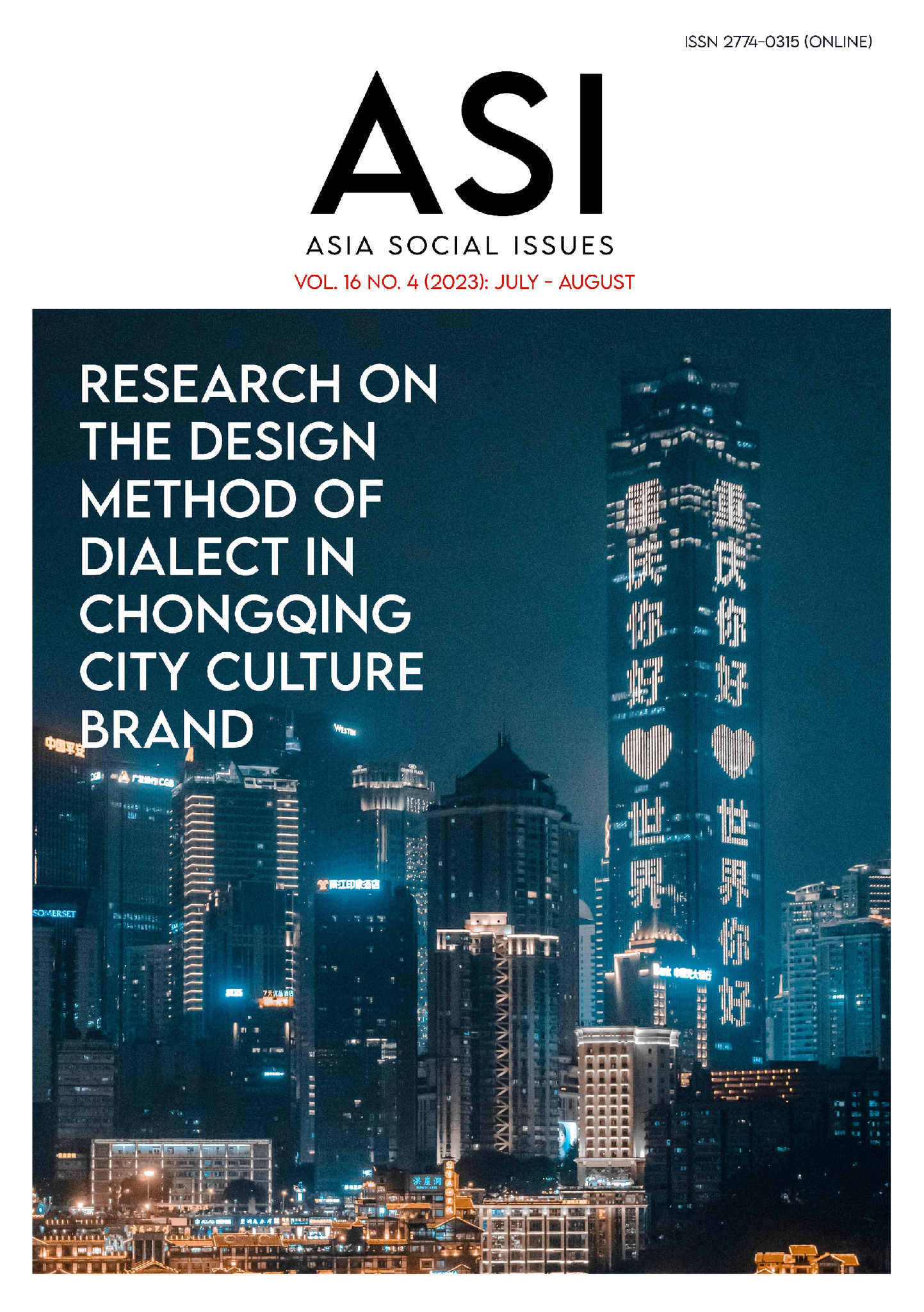A Study of Blended Learning Platforms for Continuing Education During the COVID-19 Pandemic in Ghana
Main Article Content
Abstract
The current study sought to achieve the following objectives; 1) to outline the
challenges students in UCC faced with using e-learning platforms; 2) to study the relationship between ICT training input and the ability to use e-learning platforms; 3) to develop and determine the efficiency of using an online video-based instruction; 4) to compare students’ scores after taking a lesson through the online video-based instruction; and 5) to assess students’ satisfaction with learning. The sample of 30 third year students at the University of Cape Coast in the academic year 2021 was obtained utilizing purposive random sampling. A video-based instruction was used in the experiment. The statistics used in the study were means, the chi-squared test of association, and the paired sample t-test. The result indicated that the paired sample t-test (dependent), conducted to test the impact of video-based instruction on students’ learning achievement, revealed that the students recorded a high post-test score of 24.73 compared to the pre-test score of 17.7. This indicated that the video-based instruction was efficient. The students’ satisfaction questionnaire also revealed that the students were delighted with taking the lesson through the blended learning approach.
Article Details

This work is licensed under a Creative Commons Attribution-NonCommercial-NoDerivatives 4.0 International License.
Copyright: CC BY-NC-ND 4.0
References
Aboagye, E., Yawson, J. A., & Appiah, K. N. (2020). COVID-19 and e-learning: The challenges of students in tertiary institutions. Social Education Research, 1(2), 109-115.
Alkhaleel, A. (2019). The advantages of using blended learning in studying English as a foreign language at the University of Tabuk. Modern Journal of Language Teaching Methods, 9(2), 1-7.
Asunka, S. (2008). Online learning in higher education in Sub-Saharan Africa: Ghanaian University students’ experiences and perceptions. International Review of Research in Open and Distributed Learning, 9(3), 1-23.
Basilaia, G., & Kvavadzee, D. (2020). Transition to online education in schools during a SARS-COV-2 Coronavirus (COVID-19) pandemic in Georgia. Pedagogical Research, 5(4), 2-9.
Boateng, R., Boateng, S. L., Awuah, R. B., Ansong, E., & Anderson, A. B. (2016). Videos in learning in higher education: assessing perceptions and attitudes of students at the University of Ghana. Smart Learning Environments, 3, 1-13.
Cockerill, M., Comeau, T., Lee, T.H., & Vinayak, J. (2015). Utilizing video multimedia tools in biology labs, Project EL08. Retrieved from www.wpi.edu
Dhull, I., & Sakshi, M. S. (2017). Online learning. International Education & Research Journal, 3(8), 32-34.
Edem Adzovie, D., & Jibril, A. B. (2022). Assessment of the effects of Covid-19 pandemic on the prospects of e-learning in higher learning institutions: The mediating role of academic innovativeness and technological growth. Cogent Education, 9(1), 2041222.
Edwin, M. B., & Yaw, A. N. (2016). The effectiveness of distance education in Ghana. Sci J Applied Mathematics & Statistics, 4, 159-67.
Fouka, G., & Mantzorou, M. (2011). What are the major ethical issues in conducting research? Is there a conflict between the research ethics and the nature of nursing? Health Science Journal, 5(1), 1-3.
Fry, K. (2001). E‐learning markets and providers: some issues and prospects. Education+ Training, 43(4/5), 233-239.
Fynn, P. K., Kwegyiriba, A., & Mensah, R. (2021). Exploring the Use of YouTube and its Implications to Teaching and Learning in Technical University Education in Ghana. Journal of African Interdisciplinary Studies, 5(7), 46-59.
Guri-Rosenblit, S. (2005). ‘Distance education’and ‘e-learning’: Not the same thing. Higher Education, 49(4), 467-493.
Henaku, E. A. (2020). COVID-19: Online learning experience of college students: The case of Ghana. Internatonal Jouranl of Multidiscipliary Sciences and Advanced Technology, 1(2), 54-62.
Hoq, Z. M. (2020). E-learning during the period of pandemic (COVID-19) in the kingdom of Saudi Arabia: An empirical study. American Journal of Educational Research, 8(7) 457-464.
Kaur, M. (2013). Blended learning-its challenges and future. Procedia-social and behavioral sciences, 93, 612-617.
Lalima, D., & Dangwal, K. L. (2017). Blended learning: An innovative approach. Universal Journal of Educational Research, 5(1), 129-136.
Narh, N., Boateng, R., Afful-Dadzie, E., & Owusu, A. (2019). Virtual platforms: Assessing the challenges of e-learning in Ghana (pp.1-10). In proceedings of the Twenty-fifth Americas Conference on Information Systems, Cancun, 2019. Cancun, Mexico: Association for Information Systems.
Owusu-Fordjour, C., Koomson, C. K., & Hanson, D. (2020). The impact of Covid-19 on learning-the perspective of the Ghanaian student. European Journal of Education Studies, 7(3), 88-101.
Radha, R., Mahalakshmi, K., Kumar, V. S., & Saravanakumar, A. R. (2020). E-learning during lockdown of Covid-19 pandemic: A global perspective. International journal of control and automation, 13(4), 1088-1099.
Reiser, R. A. (2001). A history of instructional design and technology: Part I: A history of instructional media. Educational technology research and development, 49(1), 53-64.
Szadziewska, A., & Kujawski, J. (2017). Advantages and disadvantages of the blended-learning method used in the educational process at the faculty of management at the University of Gdansk, in the opinion of undergraduate students (pp. 3938-3946). In Proceedings of the ICERI2017 Conference. Seville, Spain: IATED.
Tagoe, M. (2012). Students’ perceptions on incorporating e-learning into teaching and learning at the University of Ghana. International Journal of Education and Development using ICT, 8(1), 91-103.
United Nations Ghana (2020). Covid-19 impacts on Ghana’s education. Retrieved from https://ghana.un.org/en/45322-covid-19-impact-ghanas-education
Yamane, T. (1967). Statistics, an introductory analysis (2nd eds.). New York: Harper and Row.


